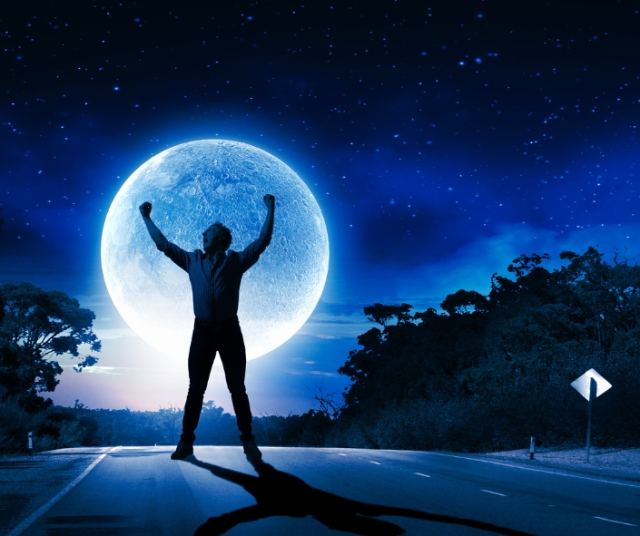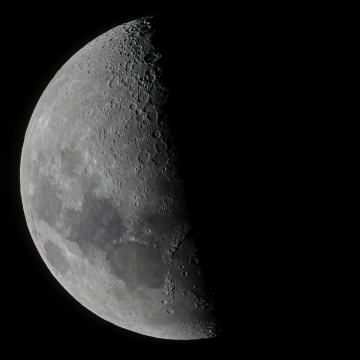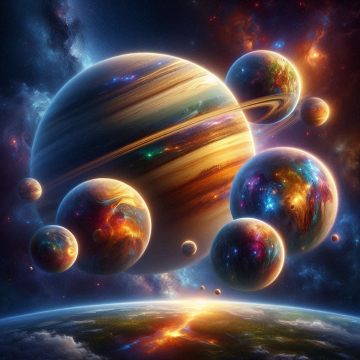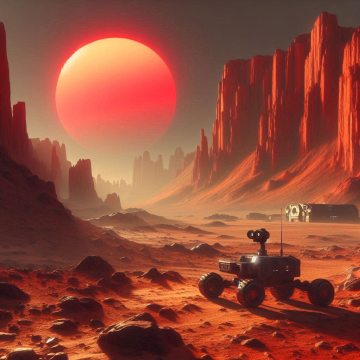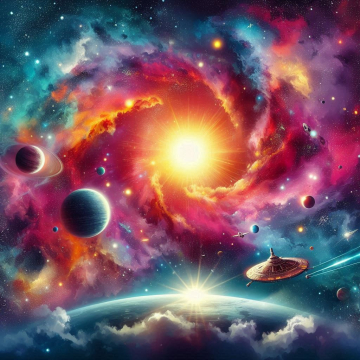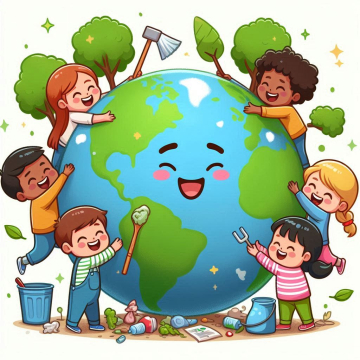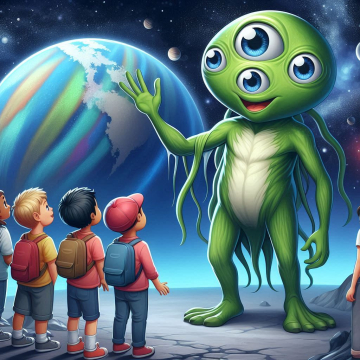The relationship between the phases of the moon and human emotions has been the subject of interest and debate for centuries. Since ancient times, the moon has been considered a mysterious and powerful element that influences life on Earth in various ways. Although modern science has discarded many of the superstitious beliefs about the moon, the idea that the lunar phases can have an impact on our emotions and behaviors still persists.
The Power of the Moon
Before we dive into the relationship between moon phases and emotions, it is important to understand why the moon has historically been considered an influential force. The moon, our natural satellite, exerts an undeniable influence on the Earth due to its gravity. This influence manifests itself in the tides, which are caused by the gravitational pull of the moon and the sun on the Earth. The tides vary in intensity depending on the phases of the moon and its position in relation to the Earth and the sun.
This gravitational influence not only affects bodies of water on Earth, but can also influence other aspects, such as the behavior of animals and, according to some beliefs, our own emotions and moods.
The phases of the moon
Before analyzing how the phases of the moon can affect human emotions, it is essential to understand the different stages that the moon goes through in its lunar cycle. The phases of the moon are divided into eight main ones:
- New Moon: In this phase, the moon is aligned between the Earth and the sun, and we cannot see its illuminated side from the Earth.
- Waxing: The moon begins to move away from the position of the new moon, and a thin line of light becomes visible on its right side.
- First Quarter: The right half of the moon is visible at this stage, forming a "D" in the sky.
- Crescent Gibbous: More than half, but not all, of the moon is visible, creating a shape similar to a "C."
- Full Moon: The moon is completely illuminated by the sun and appears as a complete circle in the night sky.
- Waning Gibbous: The left half of the moon is visible in this phase, forming an inverted "C" shape.
- Last Quarter: The left half of the moon is visible at this stage, forming an inverted "D" in the sky.
- Waning: The moon continues to move away from its full moon phase, and only a thin line of light remains on its left side.
These lunar phases repeat approximately every 29.5 days, creating a lunar cycle that has captured the imagination of humanity for centuries.
Popular Beliefs about Moon Phases and Emotions
The phases of the moon have long been associated with a variety of effects on human behavior and emotions. Below, we'll explore some of the most common popular beliefs surrounding this connection and see if they have a solid scientific basis.
1. More erratic behavior during a full moon
One of the most widespread beliefs is that people tend to become more emotional and their behavior becomes more erratic during the full moon. This belief has led to the idea that hospitals and prisons experience an increase in activity during this period.
However, scientific evidence does not conclusively support this claim. While some studies have found correlations between the full moon and certain behaviors, such as an increase in emergency room visits, other studies have found no significant relationship. The idea that the full moon has a drastic effect on human emotions appears to be largely a popular belief with no solid scientific basis.
2. Fertility and the moon
Another common belief is that the phases of the moon can influence human fertility. It has been argued that women are most fertile during the full moon and least fertile during the new moon.
The scientific evidence in this case is also contradictory. While some studies have suggested there could be a correlation between moon phases and fertility, others have found no significant link. The factors that influence human fertility are extremely complex and go beyond the influence of the moon.
3. Changes in sleep and moon phases
Another popular belief is that the phases of the moon can affect the quality of human sleep. It has been claimed that people may have difficulty falling asleep or experience more vivid dreams during certain lunar phases.
Studies on this question have also produced mixed results. Some researchers have found that the phases of the moon can influence the duration and quality of sleep, but the magnitude of this effect is generally small and can vary from person to person. Other studies have found no significant relationship between moon phases and sleep.
4. Changes in mood and moon phases
The idea that the phases of the moon can influence human mood is a persistent belief. It has been claimed that people may feel more emotional or depressed during certain phases of the moon, such as the full moon. However, studies that have investigated this question have also produced contradictory results. While some people may experience changes in their mood in relation to the phases of the moon, there is no solid scientific basis to claim that these influences are widespread or predictable.
Factors That Can Explain Popular Beliefs
So if scientific evidence does not conclusively support popular beliefs about the influence of the phases of the moon on human emotions, why do these beliefs persist? There are several factors that could contribute to this:
1. Confirmation bias
People often tend to pay more attention to events that confirm their preexisting beliefs and ignore events that contradict them. This could lead to the perception that moon phases affect emotions, as people may remember times when they felt their mood matched a specific moon phase, but ignore instances where there was none. obvious relationship.
2. Cultural beliefs and traditions
Beliefs about the moon's influence on emotions and behavior are rooted in many cultures and traditions throughout history. These beliefs are often passed down from generation to generation and can have a strong impact on people's perception of the relationship between the moon and emotions.
3. Placebo and suggestion
The placebo effect may play an important role in the perception of how the phases of the moon affect emotions. If someone expects their mood to be affected by the full moon, they may be more inclined to attribute their emotions to this moon phase, even if there is no real connection.
4. Complexity of human emotions
Human emotions are extremely complex and are influenced by a wide variety of factors, including genetics, environment, life experiences, and more. This makes it difficult to determine precisely whether the phases of the moon have a significant effect on emotions, as other variables may be at play.
The Real Influence of the Moon
While scientific evidence does not conclusively support the idea that the phases of the moon have a significant impact on human emotions, this does not mean that the moon has no influence on our lives on Earth. As mentioned above, the moon exerts a real influence through its gravity, which causes tides in our planet's bodies of water. These tides can have indirect effects on marine life and, by extension, fishing and agriculture.
Furthermore, the moon is also an object of fascination and beauty that has inspired artists, poets and writers throughout history. Its lunar cycle has been used as a metaphor in literature and popular culture to represent themes such as change, transformation and renewal.
